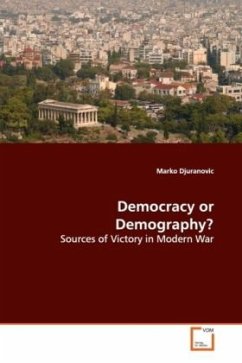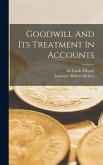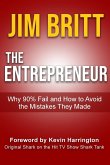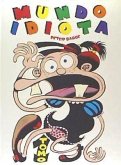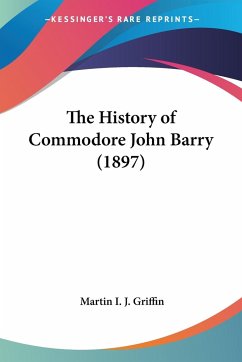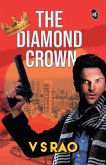How much influence does the regime type of a countryhave on its ability to win an international war? Uponcloser inspection, very little. A careful study ofthe process by which peaceful citizens are convertedinto instruments of state-sponsored destruction showsthat countries with democratic systems of governmentperform no better in international wars than theirnon-democratic counterparts. Instead, it is the sizeof the population asset that the state's leadershipcan gather, leverage, and deploy in combat that hashistorically mattered most for victory in war.Population sizes of countries in the internationalsystem are so varied that it is virtually impossiblefor a small nation to withstand the militaryonslaught of a more populous foe, a finding thatreintroduces some basic tenets of realism to modernforeign policy discussions. The importance of thesize and quality of a country's population isdemonstrated via statistical analysis on a noveldataset of international wars since 1816, as well asdetailed case studies of the Arab-Israeli Wars andGerman invasion of France in 1940.
